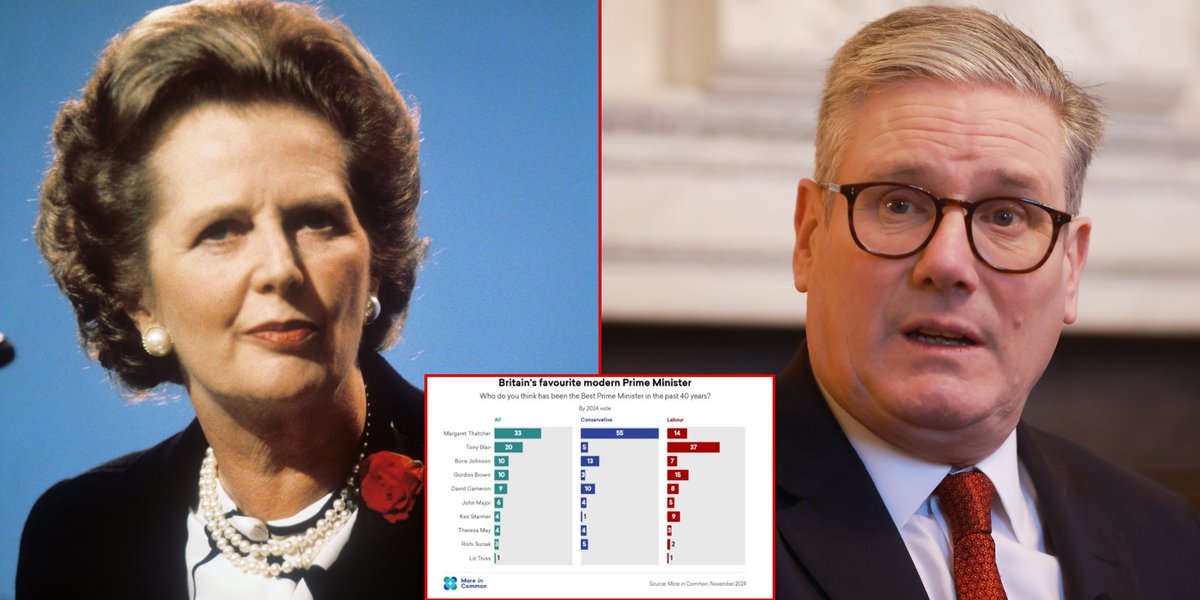In Pagan Imperialism, Julius Evola presents a fiery critique of the modern world, tracing the decay of Western civilization to its abandonment of its primal pagan roots. Evola condemns the rise of materialism, democracy, and equality, seeing them as signs of European man gone astray. He mourns the loss of the ancient spiritual hierarchy, where gods and warriors reigned supreme, and the cosmos pulsed with mystical energy.
Evola views Christianity as a weakening force that has replaced the proud, heroic spirit of paganism with submission and servitude to an alien deity. He envisions a revival of an empire built on the blood and fire of ancient rites, where the ruler embodies divine authority and the sacred order is restored. Pagan Imperialism is a provocative manifesto for those who dream of a return to a world rooted in the fierce, esoteric traditions of the past.









